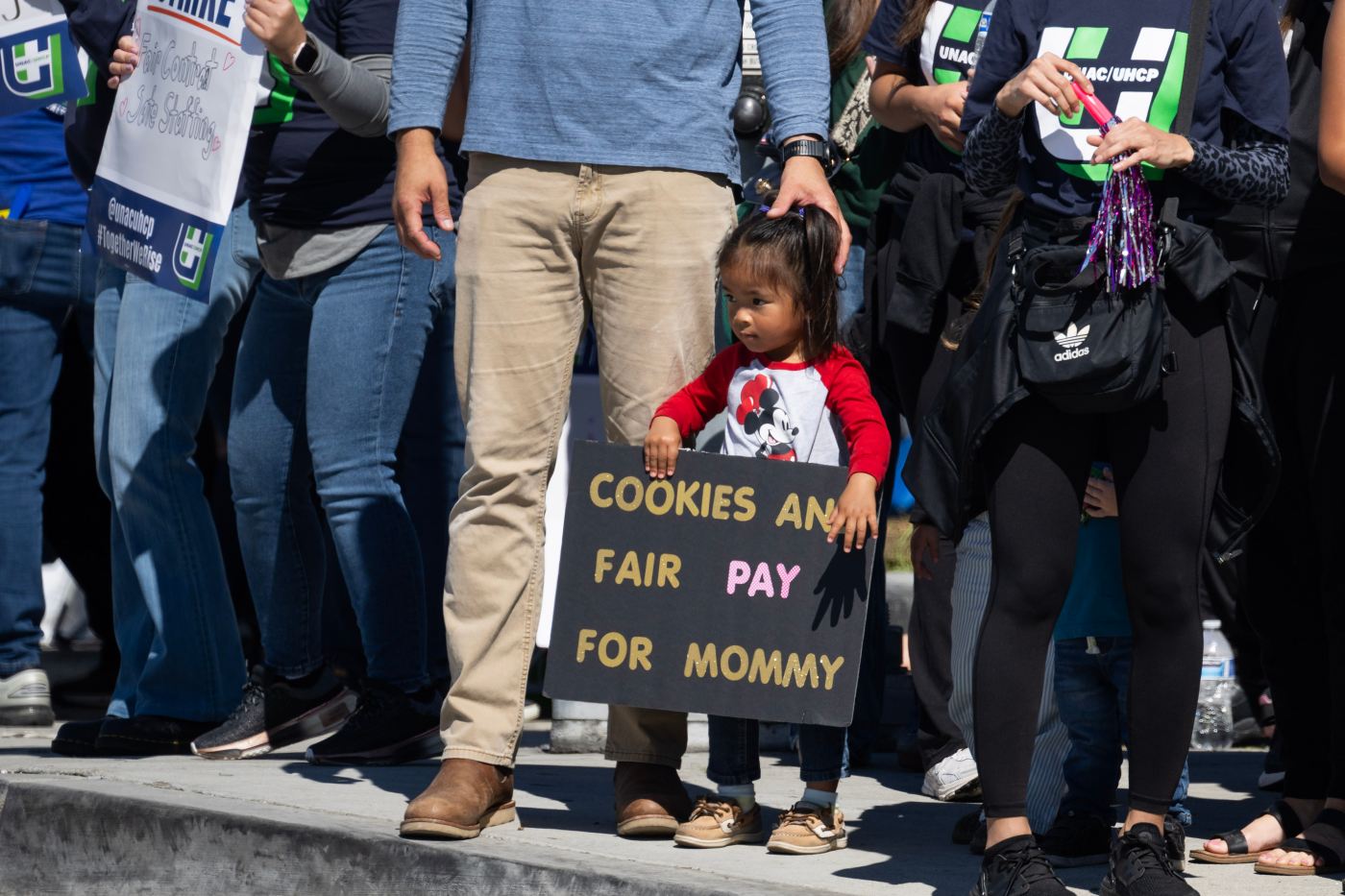More than 31,000 nurses and healthcare professionals concluded a five-day strike against Kaiser Permanente in the Western United States on October 19, 2025, without reaching a labor agreement. The strike, which began on October 14, involved significant participation from various unions, including the United Nurses Associations of California and the Union of Health Care Professionals.
During the strike, thousands of healthcare workers walked picket lines across Kaiser facilities in California, Oregon, Washington, and Hawaii. The coalition of unions emphasized economic issues as the primary focus of negotiations. According to Terry Kanakri, a spokesman for Kaiser, while staffing concerns were highlighted, the central issue was wage increases. Kaiser has proposed a 21.5% raise, while unions initially sought a 38% increase over four years, later adjusting their demands to 25%.
Negotiations were suspended during the strike but are set to resume on October 22 and 23. If these discussions do not progress, further talks are planned for October 28 and 29. The healthcare provider’s labor contracts had expired on September 30 and October 1, leading local unions to issue 10-day strike notices that prompted the walkout.
Kaiser responded to the strike by deploying temporary staff from across the country. Reports indicate that pay for these workers ranged from $78 to $130 per hour, depending on the role. This marked the largest strike in the history of Kaiser unions, as facilities like the Kaiser Permanente San Diego Medical Center witnessed significant disruptions.
Charmaine Morales, president of the United Nurses Associations of California, expressed a readiness to resume discussions focused on patient care. “We welcome Kaiser back to the table to talk to us about patient care,” she stated. As the negotiations unfold, Kaiser maintains that it is committed to providing high-quality, affordable healthcare while attracting and retaining skilled professionals.
The strike also involved other unions, including the Oregon Federation of Nurses and Health Professionals, which represented approximately 4,000 workers in Kaiser facilities across Oregon and Washington. In addition, the United Steelworkers Union contributed to the strike, representing over 8,600 healthcare workers, including licensed vocational nurses and medical assistants.
As the strike concluded, local unions, including Locals 324 and 770, which represent pharmacy staff and technicians in Southern California, voted to authorize a strike due to unfair labor practices, although no date has been set for action. Similarly, UFCW Local 135 in San Diego also voted to authorize a strike, potentially leading to further disruptions as their contract expires on October 31.
Kaiser operates a significant network across the Western United States, with over 608 medical offices and 40 hospitals serving nearly 4.9 million members in Southern California alone. The resolution of these labor disputes will be crucial to maintaining the operational stability of this extensive healthcare system as negotiations progress.







































































